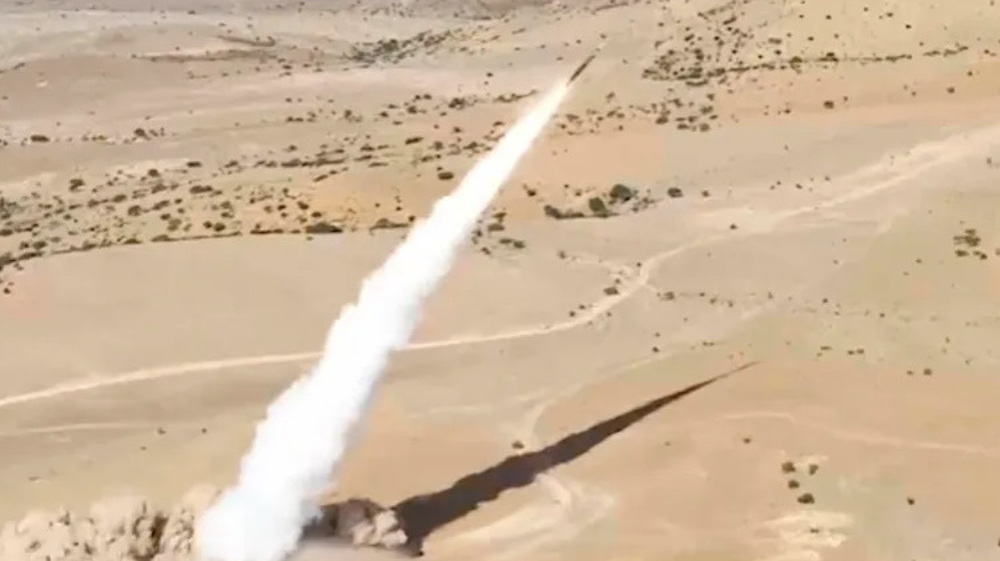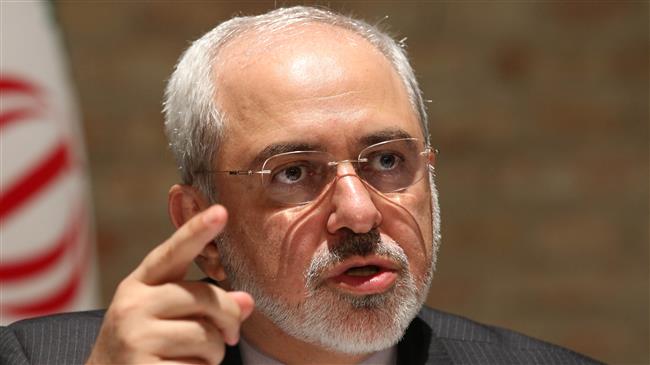Yemeni retaliatory attacks leave nine Saudi soldiers dead
At least nine Saudi soldiers have been killed when Yemeni army soldiers and fighters from allied Popular Committees launched separate attacks in Saudi Arabia’s southwestern border regions of Jizan and Najran as they continue their retaliatory raids against the Riyadh regime’s aerial bombardment campaign.
A Yemeni military source, speaking on condition of anonymity, told Arabic-language al-Masirah television network that Yemeni forces and their allies fatally shot eight soldiers in the al-Khobe district of Jizan, located 966 kilometers (600 miles) south of the Saudi capital, Riyadh, on Thursday evening.
The source added that Yemeni sources also fatally shot a Saudi trooper at al-Shorfa military base in Najran, located 844 kilometers south of Riyadh.

Separately, Yemeni army soldiers and Popular Committees fighters fired a domestically-developed Badr-1 missile at facilities belonging to Saudi Arabia's Aramco oil giant in Najran.
There were no immediate reports about the extent of damage caused.
Moreover, Saudi military aircraft carried out an airstrike in the northwestern Yemeni city of Sa'ada, leaving eight civilians dead.
Local sources said there were four women among the deceased.
The Yemeni Ministry of Human Rights announced in a statement on Sunday that the Saudi-led war has left 600,000 civilians dead and injured since March 2015.

The United Nations says a record 22.2 million Yemenis are in need of food aid, including 8.4 million threatened by severe hunger.
A high-ranking UN aid official recently warned against the “catastrophic” living conditions in Yemen, stating that there is a growing risk of famine and cholera there.
“After three years of conflict, conditions in Yemen are catastrophic,” John Ging, UN director of aid operations, told the UN Security Council on February 27.
He added, “People's lives have continued unraveling. Conflict has escalated since November driving an estimated 100,000 people from their homes.”
Ging said cholera had infected 1.1 million people in Yemen since last April, and a new outbreak of diphtheria has occurred in the war-ravaged Arab country since 1982.
VIDEO | Iran-Syria: For Resistance
Qassam Brigades claims killing 3 Israeli troops in northern Gaza
More alive than ever: Sayyed Hassan Nasrallah's legacy grows stronger in martyrdom
Occupation of Syria’s highest peak Mount Hermon part of ‘Greater Israel’ project
Iran: Syrian people will decide their future without foreign interference
IRGC says Iran’s power exceeds borders, warns enemies to adjust themselves
Dozens detained, several wounded in Israeli raids in West Bank
‘Ethnic cleansing’: Hamas blasts Israeli attacks on Gaza hospital amid intl. silence

















 This makes it easy to access the Press TV website
This makes it easy to access the Press TV website